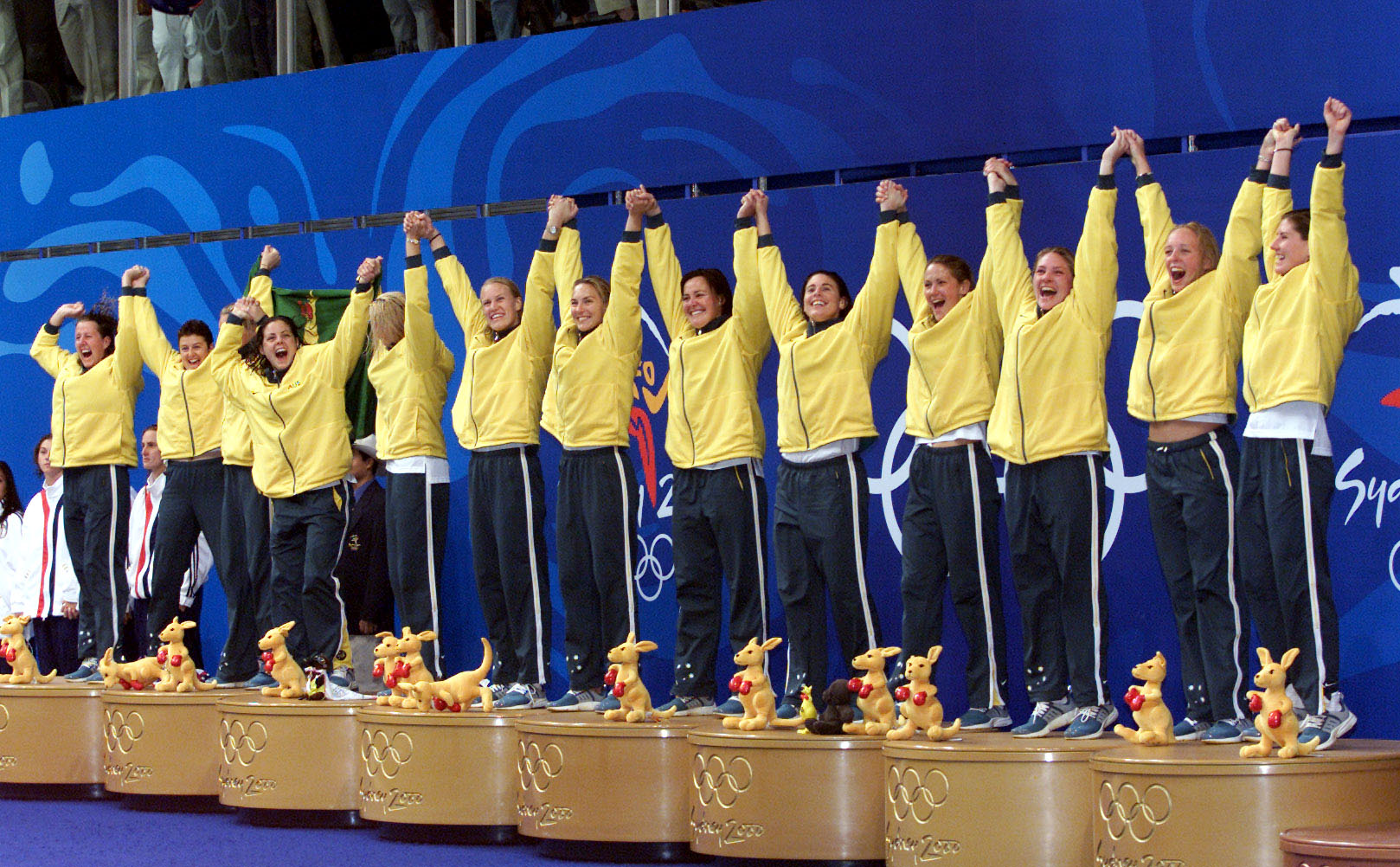24 March 2021
Kate Hooper OAM was just 22 when she became an Australian Olympian.
Ms Hooper was part of the Australian women’s water polo team that beat the United States 4-3 to win a gold medal at the Sydney 2000 Olympic Games. It was the first time women’s water polo had been played at an Olympics.
“It was such a huge thing to be part of,” Ms Hooper recalls. “Being part of the first Aussie team to play at an Olympics, playing in front of a home crowd and to come away with the gold medal was just fantastic.”
Receiving a Medal of the Order of Australia for service to sport as a gold medallist at Sydney 2000 was the icing on the cake.
“It was a great added bonus,” she said. “It was amazing to receive the award and meet other recipients and hear what they had achieved. I knew it was a prestigious award, but being quite young at the time, I don’t think I really grasped how important an honour it really was,” she said.
Following her career in the pool, Ms Hooper worked in major events and owned her own business in Sydney before moving back to Perth where she worked as a prison officer for more than four years including two years working in a maximum security prison.
But a desire to finish a university degree she started in 2012 saw her return to the books, with a newfound admiration for her OAM.
“I started university when I was playing water polo but never completed my degree. It was always something I wanted to do and I’m so proud to have finally finished,” she said.
Ms Hooper graduated with a Bachelor of Commerce majoring in Human Resource Management from the University of Notre Dame in December.
While studying, she started realising the impact of being an OAM recipient.
“I am using it after my name now and it really is a point of conversation. People ask you why you received it so it’s a chance to tell your story. I’m really proud of it.”
Ms Hooper says the Australian Honours and Awards system is a great way to recognise a colleague, coach or friend for their outstanding service or exceptional achievement.
“Inspiring women like Betty Anderson who has given so much to the women’s game in Western Australia. Betty coached me and has been competing for more than 50 years. If we didn’t have people like Betty involved in sport, we wouldn’t be where we are today. Her love and passion for the game is astounding,” Ms Hooper says.
“Now, more than ever, we should be supporting volunteers like Betty, who help keep our clubs going. These stories need to be told because our incredible volunteers are what keeps sport going.”
To nominate someone for an award visit https://www.gg.gov.au/australian-honours-and-awards/nominate-someone-award
